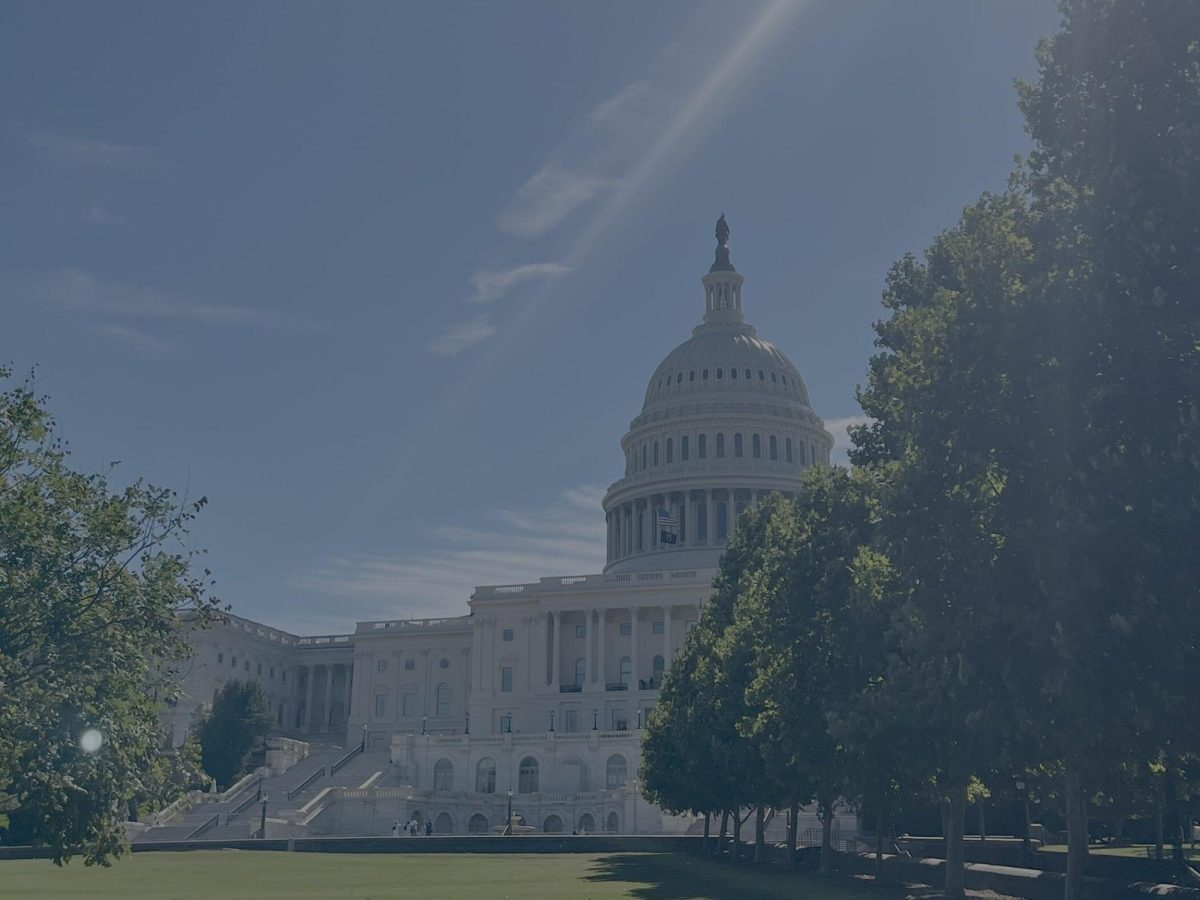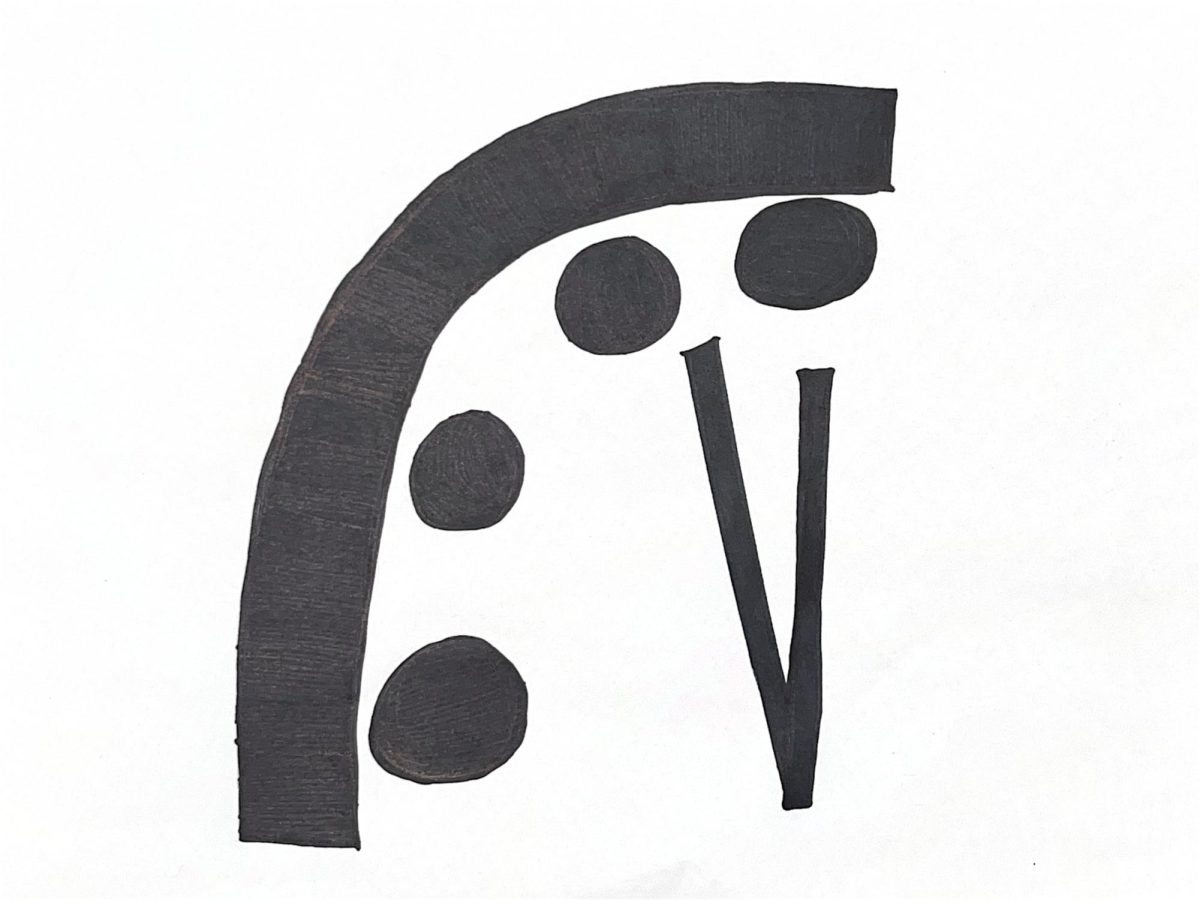President Donald Trump as of April 5 imposed tariffs on all imports coming into the United States in Executive Order 14257.
These tariffs are meant to boost the United States economy by encouraging consumers to buy more American made goods, therefore increasing the amount of tax revenue raised and leading to a bigger investment.
The president imposed a universal 10% tariff on all imported goods to the U.S. and they will be specified and adjusted based on the country and the goods being imported.
The President has placed major tariffs on the following countries (some not listed): according to CNN Reporting
European Union- 20%, Mexico- 25%, China- 104% (Moved to 125% with tariff postponement), Canada- 25%, Japan- 24%, Vietnam- 46%, South Korea- 25%, Taiwan- 32%, India- 26%, United Kingdom- 10%, Switzerland- 31%, Thailand- 36%, Malaysia- 24%, Singapore- 10%, Brazil- 10%, Indonesia- 32%, Israel- 17%, Columbia- 10%, Turkey- 10%, Australia – 10%
Since these tariffs took place, a global trade war has begun with countries placing retaliatory tariffs back on America.
Retaliatory tariffs are tariffs that countries put back on the United States, an example being China has placed up to 125% tariffs back on the United States.
For more information on the tariffs, click here.
The question of ‘What does this mean for America?’ is common for most Americans.
Newly imposed tariffs mean a lot more than just raised prices on imported goods; as our relationships with other countries will be largely impacted as well.
In hindsight, President Trump wants to bring the manufacturing of goods back to America, like the automobile industry.
The problem is, in order to do so, materials from other countries are necessary. Economists have also noted that it is not yet possible to tell whether or not this will result in a recession.
“[My] most serious concern is how this will affect America’s long term economic alliances,” CEO of JP Morgan Chase Jamie Dimon said to NPR.
China is responsible for the making of a majority of U.S. goods and services, (Clothing, furniture electronics etc,) Therefore, these tariffs will have a large impact on everyday Americans, as the price of everyday materials will increase.
Trump put a 90-day hold on tariffs as of April 9, for every country except for China, which are currently at 145%; though still fluctuating.








